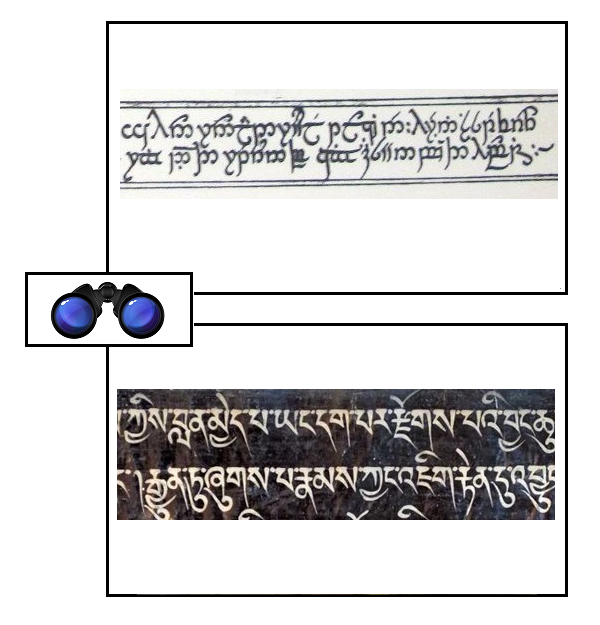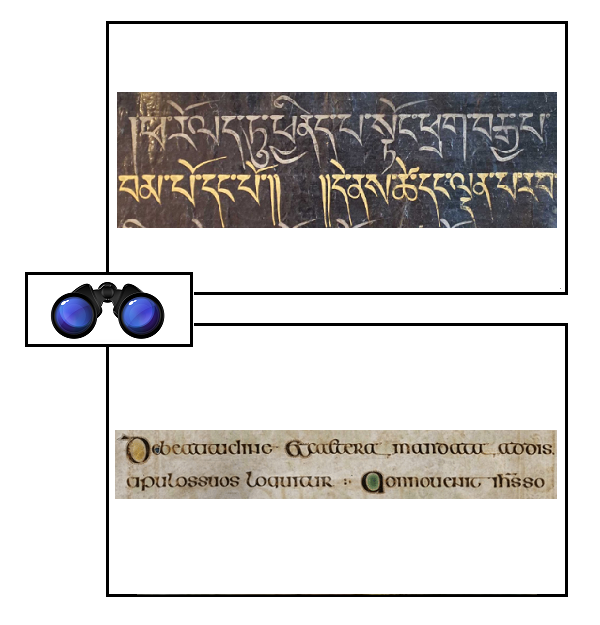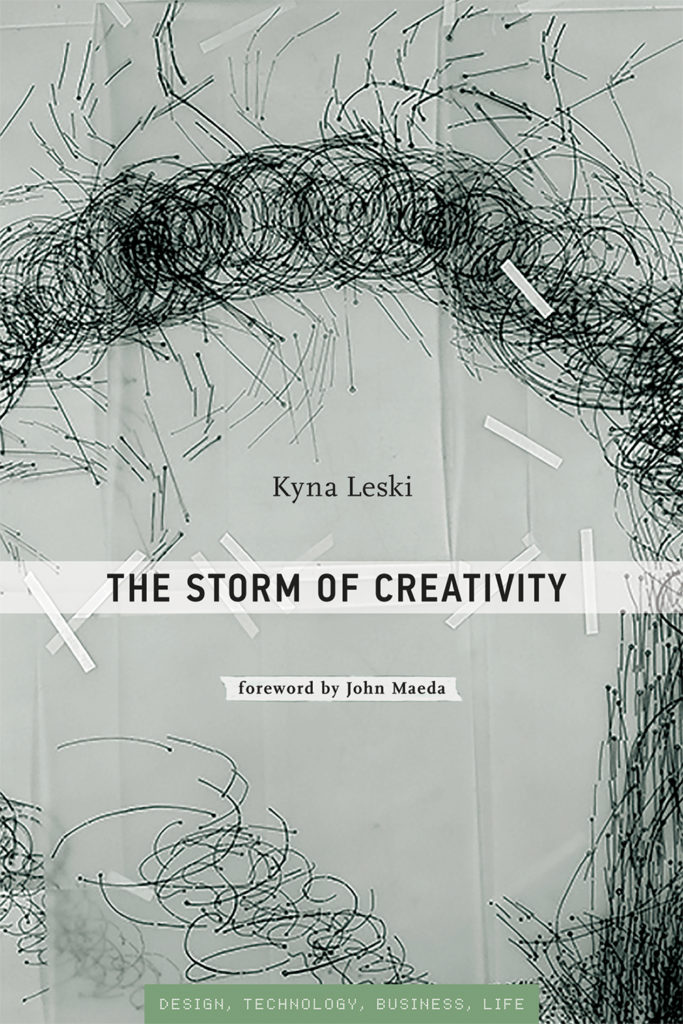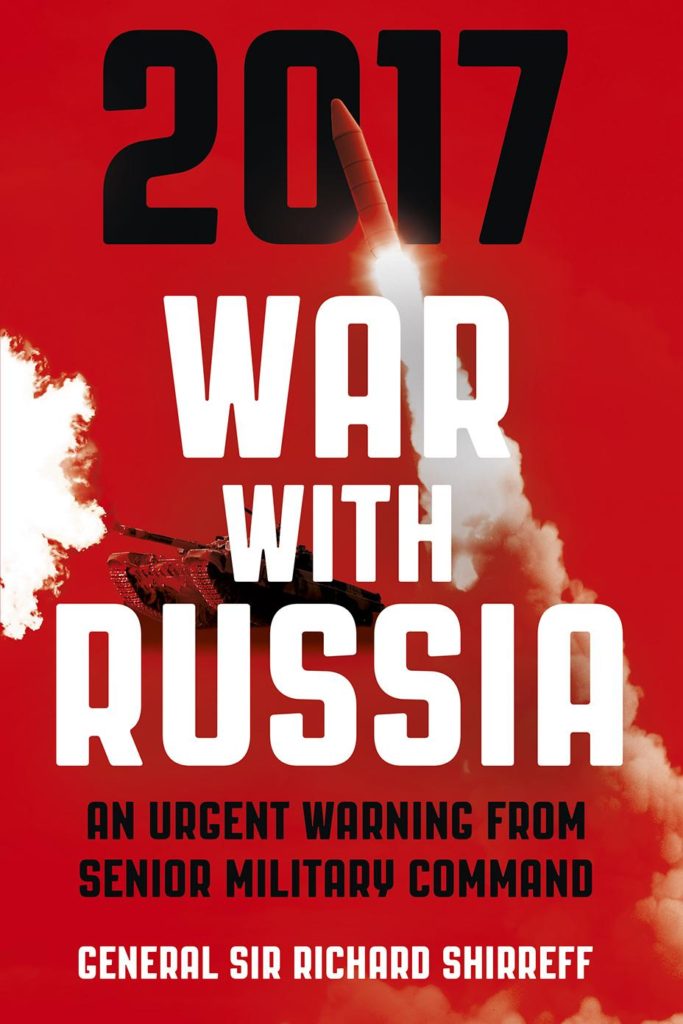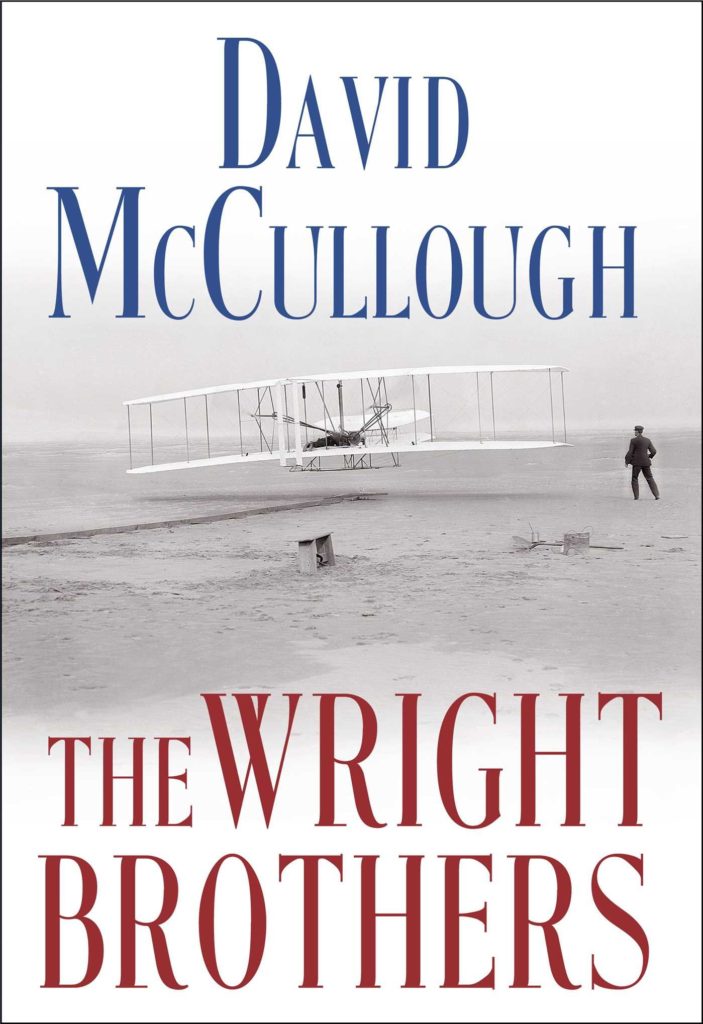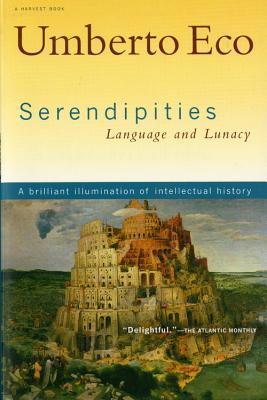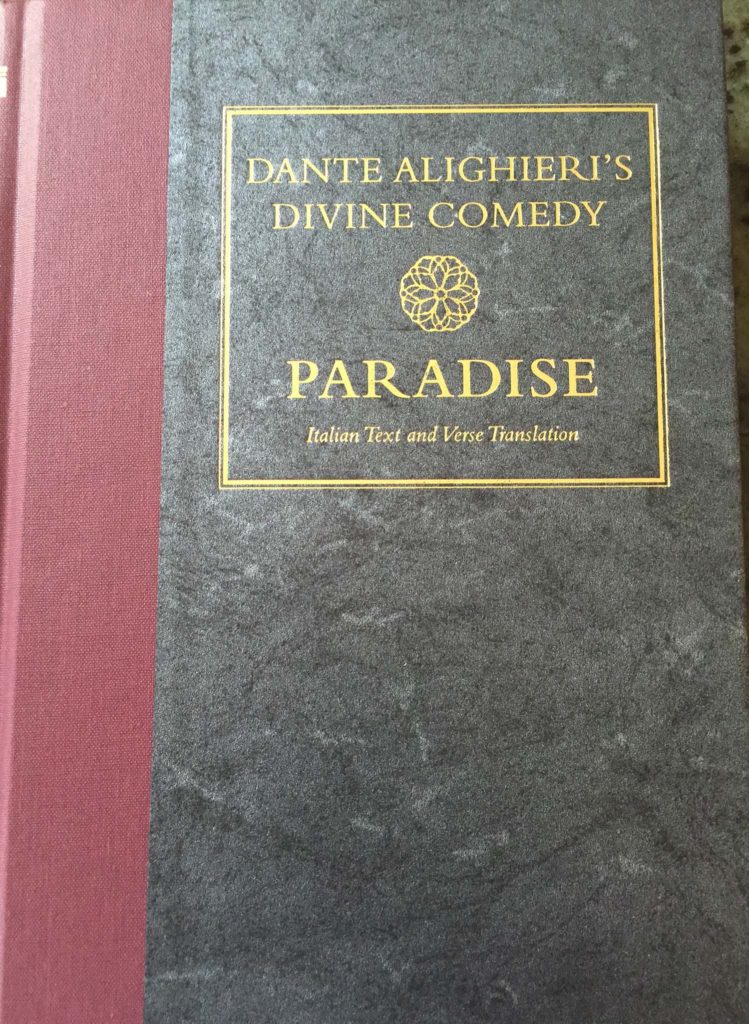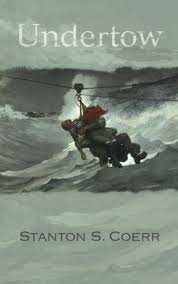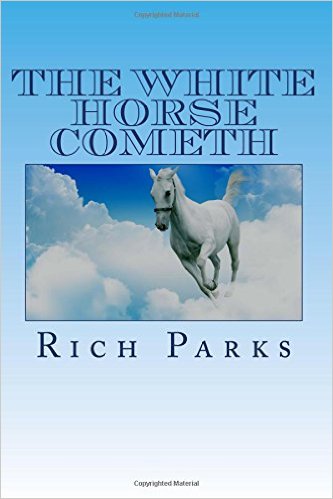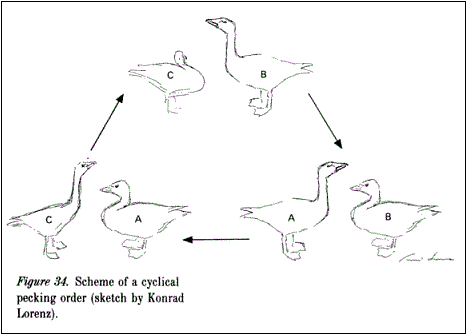[ by Charles Cameron — (some of) what gaming, TV watching & quotation mining can get you in terms of strategy ]
.
First off, let me thank Trent Telenko for turning me onto the Xanatos Gambit at at ChicagoBoyx, which started me on this particular chose of a gaggle of wild geese..
The Xanatos Gambit caught my eye by virtue of its decision flow chart [you start at the top]:
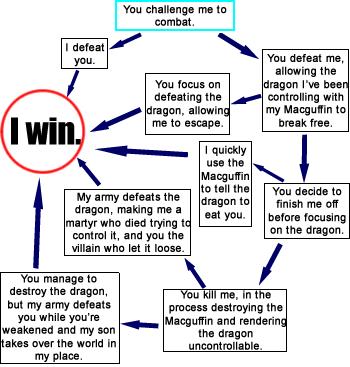
That’s brilliant — not a win-win play, but an i-win-anyway ploy. [Linguists — remind me whether ploy is a warped variant of play, will you?] And Trent then identifies the Xanatos Gambit as Donald Trump’s characteristic play.. ploy.
Here’s an explanatory para::
A Xanatos Gambit is a plan for which all foreseeable outcomes benefit the creator — including ones that superficially appear to be failure. The creator predicts potential attempts to thwart the plan, and arranges the situation such that the creator will ultimately benefit even if their adversary “succeeds” in “stopping” them. When faced with a Xanatos Gambit the options are either to accept that the creator will get the upper hand and choose the outcome that is least beneficial to them, or to defeat them by finding a course that they didn’t predict.
Another:
A Xanatos Gambit is a Plan whose multiple foreseen outcomes all benefit its creator. It’s a win-win situation for whoever plots it.
Here’s a quote from a source unknown to me: Cavilo, The Vor Game:
The key to strategy… is not to choose a path to victory, but to choose so that all paths lead to a victory.
Xanatos Gambit / Real Life
In the casino business they say that the house always wins, and indeed, it’s true. When gamblers lose all their money, the house gets rich, but when someone has a lucky streak and wins big, this only serves to encourage others to take more risks, which means the house will actually get even richer in the long run for having “lost” some money to a big winner. The law of large numbers is on their side, after all. This is, in short, how casinos can stay in business—they virtually always turn a profit on the actual gambling
Okay, here the geese gaggle in formation after the Gambit. Our clue:
Xanatos Speed Chess trumps Xanatos Gambits.
**
Xanatos Speed Chess:
Cosmo Lavish, a Terry Pratchett banker character from Discworld, saith:
Plans can break down. You cannot plan the future. Only presumptuous fools plan. The wise man steers.
I agree wholeheartedly with “You cannot plan the future” — a point I’ve made in my Art of Future Warfare entries
And since we’re in Chess territory:
The Chessmaster:
What? That I used two fourteen-year-old pawns to turn a knight and topple a king? It’s chess, Daniel. Of course you don’t understand.
Unwitting Pawn
Tend to be played by The Chessmaster, logically enough.
**
Well, I could go on, but let me just list some of the pages I came across, and invite you to look where your interests take you..
Gambit Roulette
A convoluted Plan that relies on events completely within the realm of chance yet comes off without a hitch.
“How can anyone, even skilled conspirators, predict with perfect accuracy the outcome of a car crash? How can they know in advance that a man will go to a certain pay phone at a certain time, so that he can see a particular truck he needs to see? How can the actions of security guards be accurately anticipated? Isn’t it risky to hinge an entire plan of action on the hope that the police won’t stop a car speeding recklessly through a downtown area?“
If your first reaction to seeing the plan unfold is “There is no way that you planned that!”, then it’s roulette.
The Trickster
This fellow coyote is,
fellow the road-runner is but a shadow of, is
by definition, tricky, has
a penis can cross
the Ventura freeway
in seek of skirt, whose
penis maybe run over
by fate’s own eighteen wheeler..
Poem of mine.
The Fool:
Well, I see the Fool differently:
I claim the final authority, rule
from the steps below the throne.
Kings look to me for approval, fool
that I am, for at court, I alone
see all men as wind in a cage of bone.
Another poem of mine — brought down from the attic.
A Riddle Wrapped in a Mystery Inside An Enigma
That’s Churchill, Winston:
I cannot forecast to you the action of Russia. It is a riddle wrapped in a mystery inside an enigma, but perhaps there is a key. That key is Russian national interest.
Riddle for the Ages
Secret Identity Identity
Multilayer Facade
Gambit Pileup
**
There is also:
Knight Templar:
This fellow interests me because of my recent 5,000 word foray into Templar territory, Templarios: Echoes of the Templars and Parallels Elsewhere for Doc Bunker‘s next volume — but what really struck me was the quote used as an epigraph to the topic. It’s from James Baldwin:
Nobody is more dangerous than he who imagines himself pure in heart, for his purity, by definition, is unassailable.
